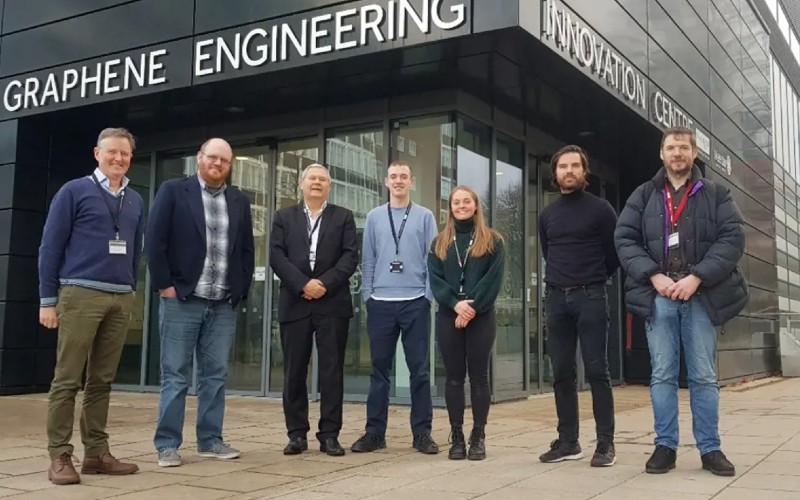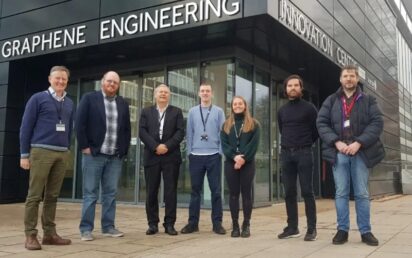University of Manchester spin-out, Molymem, has doubled its funding runway to over £1m with a further £500,000 investment from Green Angel Syndicate and Manchester-based GC Angels.
The company secured an initial seed equity investment of £500,00 in December 2022 led by Cambridge Angels.
Molymem has developed an energy-efficient and highly versatile membrane coating based around a material called molybdenum disulphide (MoS2), which is modified to create an innovative water filtration solution.
The company will use the extra investment to help accelerate its business development plans, scale the technology platform and build out the team.
The technology comes from research and patented technology led by Prof Rob Dryfe and Dr Mark Bissett at The University of Manchester, working in partnership with experts at the University’s Graphene Engineering Innovation Centre (GEIC).
This team has used MoS2, a two-dimensional material that has physical properties complementary to those of graphene, the world’s first 2D material, originally isolated at The University of Manchester.
Ray Gibbs, chairman and director at Molymem, said: “This additional funding will enable the company to quickly scale operations and deliver on its mission.
“The angel investor confidence in the core team, the technology and the market need for our solution is a powerful endorsement for the Molymem business.”
Dr Mark Bissett, chief scientific officer and co-founder of Molymem, said: “This additional funding will allow us to accelerate our R&D program and expand to other 2D materials also covered in our patented technology, while also increasing the speed of our scale up of the technology.”
Richard Lydon, a senior advisor to Molymem during its funding cycle, is joining the company as CEO. Lydon, who also joins the board, said the company has already started to engage with OEMs and end users.
Lydon said: “Climate change is driving the need for new solutions in membrane technology and Molymem’s goal is to work with the existing supply chains to bring a retrofittable membrane coating solution to market.
“More resilient, longer life and anti-fouling membranes will be required to maintain and improve water quality, reduce pollution, address Net Zero and build solutions for the developing world.”


